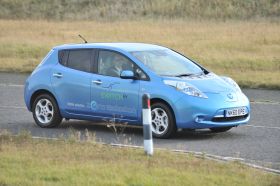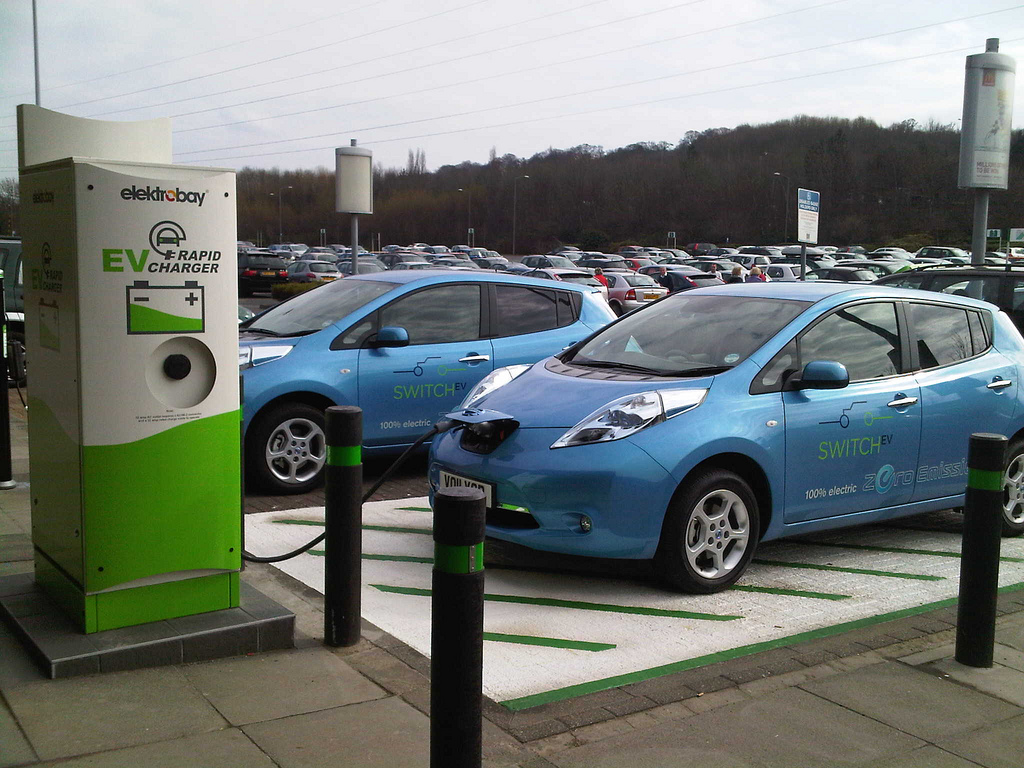

A three-year trial in the north-east of England has found that electric vehicles will have an essential role to play in reducing urban pollution and improving quality of life.
The Switch EV study, supported by the Technology Strategy board, with research conducted by Newcastle University included a partnership of five vehicle manufacturers including Nissan. It investigated the impact that EVs could have on the environment, transport systems and driver behaviour. Data was collected from almost 200 drivers making over 71,600 trips, and one of the most significant findings was that EVs are considerably more carbon-efficient than internal combustion (IC) engine vehicles – even when the charging process and consequent pollution from power stations are taken into account.

While the average IC produces roughly 140g CO2/kg, EVs in the trial were responsible for just 85g CO2/kg, including the charging process. This figure could be further reduced by charging at off-peak times (when the grid is powered by less carbon-intensive sources) and by encouraging users to adopt eco-driving behaviour.
In the UK, daytime air pollution levels in towns and cities are frequently higher than the government’s recommended 40µg m-3 (21 parts per billion), and it is estimated that poor air quality reduces life expectancy in the UK by around eight months.
